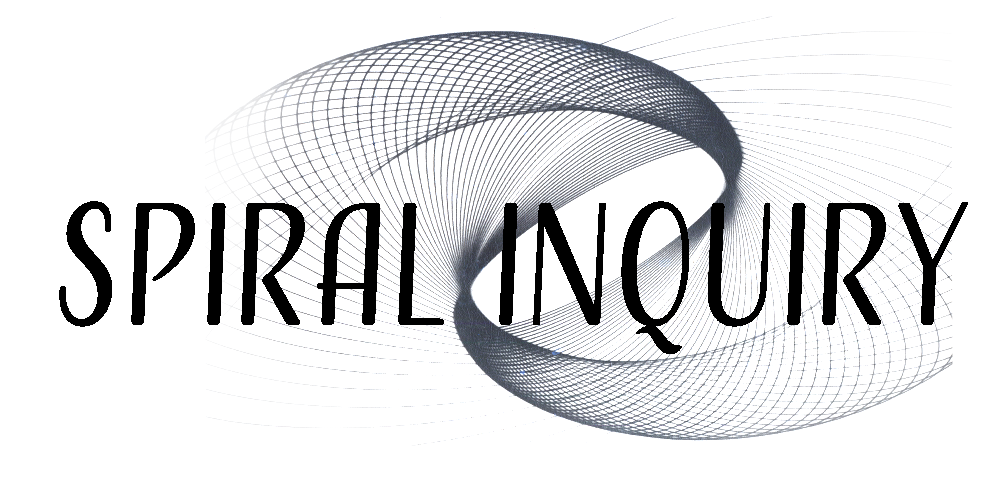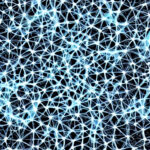An Intense Experience:
Recently, my wife and I treated our teenage grandchildren and some friends to a showing of Dune 2. The original novel Dune, written by Frank Herbert and released c1965, had captivated my adolescent imagination, feeding a fascination for science, space, and the far future. Watching the movie, I felt that I was reliving my excitement from nearly 60 years ago. Director Denis Villeneuve had captured the scope and scale of Herbert’s story as well as its emotional intensity in a compelling and sometimes overwhelming visual and auditory production. Cinema at its best.
After the movie, I found that my companions had not shared my experience. While they enjoyed the entertainment, parts of the movie seemed tedious, and the brutality was off-putting. They found portions of the story line and the dialogue very difficult to follow, having never read the book. They rated it just a 5 or 6 on a scale of 10.
Aftershock:
Overnight, I found my sleep was fitful, as images of the movie and the story line flitted through my mind. I was troubled, and it took a period of rumination for the insight to come clear. I was an adolescent boy in the 1960’s when I read Dune, and I was quite familiar with, and immersed in, some of the key cultural narratives that Herbert drew upon in crafting his tale. Some of those narratives ring hollow in 2024 – others make me cringe in horror.
One of those narratives was the version of the “Hero’s Journey” that I grew up with. A young man, brave and valorous in the face of overwhelming odds, through his courage, cunning and fighting ability, brings down the evil and oppressive powers. He rightly earns his place as king and wins the heart of the beautiful maiden. It’s a compelling story to a young boy trying to figure out his identity and how to distinguish himself among his peers, as well as in world at large. This narrative may have been “acceptable” in the 1960’s but it is wildly anachronistic in the 21st century. There are no noble kings or emperors to emulate, only despots or autocrats. Moreover, the model of competitive masculinity that this story reinforces is at odds with the values of compassion, collaboration, empathy, and humility the world so desperately needs.
Herbert makes a nod to the values of freedom, loyalty and even humility as Paul Muad’Dib struggles with his destiny. But the emperor’s final speech to Paul lays out the dominant narrative (my paraphrase): “You lead from the heart – that makes you weak – you can only lead from power.” Paul chooses to defeat his foe in personal combat and then takes the emperor’s daughter as his bride, putting aside his true love. In the arc of the book (and film), this is cast as the noble choice, one that embraces Paul’s loyalty to the Fremen and their freedom. Yet the ending is classic tragedy. Paul obeys his duty and destiny to save his people. He wins the role of Emperor. But in the process, he loses his true love, fulfilling the emperor’s admonishment as a self-fulfilling prophecy.
The valorization of personal combat, duty and destiny over love is, in my view, a terrible and dangerous message. Yes, it can tug the heart strings, but the narrative is based on a false dichotomy. In real life, there are always different choices that can be made, choices that Herbert’s story does not allow. In my view the best choices are those rooted in compassion, collaboration, and humility, not the inherited notions of loyalty and duty.
The Role of Women
In Herbert’s narrative, women are largely decorations for the male characters. Some are also members of the secretive and very powerful Bene Gesserit. The methods of the Bene Gesserit to achieve that power are deception and manipulation, qualities historically attributed (by men) to strong and powerful women. One could argue that these weapons were the only ones, at least in western civilization, that women were allowed to wield.
It is time, in the 21st century, for this form of misogyny to be rooted out. Any human being, cast in a similarly powerless role in society, is going to use whatever methods they can to improve their standing and prospects, including deception and manipulation. The root cause of such behavior is not one’s gender, but one’s low status in a society that is rigidly hierarchical, patriarchal, and oppressive.
As for the decorative status of women, culture should value the more important multidimensional qualities of intelligence and compassion of both women and men. All humans are “good-looking”, in some way and to some one, but this should never be the defining feature of anyone’s identity.
The Final Straw
Dune frames human conflict in militaristic terms. The good guys are framed as freedom-loving, peaceful, valiant heroes fighting to defend against a much larger force led by despicable, heartless, and demonic foes. I remember well the one-dimensional stories and images to which I was exposed about the Germans and Japanese in World War 2 and the Russians and Chinese in the Cold War. The brutalist architecture in Dune 2, the massive shows of military force, and the bloodthirsty Harkonnen and Imperial characters masterfully echo those 20th century narratives. Yet these narratives fail to reflect the far more nuanced and complicated dynamics of historical events and the fact that humans on all sides of military conflict suffer terribly. The fight scenes in Dune 2 were wonderfully choreographed, but at the same time they were carefully sanitized.
A more subtle critique of those 20th century narratives is the fact that they enable self-deception on a grand scale. “We” are always good; “They” are always bad. If you deign to question this logic you are cast as siding with “Them”. Yet the “We” that won World War 2 also dropped nuclear bombs on innocent civilians. The same “We” later prosecuted the Vietnam War and invaded Iraq on the misguided premise that these brutal measures were the only way to protect the free world. The “We” that prides itself on protecting the values of freedom and equality also maintains the highest percentage of its citizens in prison relative to all other industrialized nations.(cite) The truth is far more nuanced, and often inconsistent with, the stories we tell ourselves.
Conclusion
After all that, I do have to admit I did really enjoy watching Dune 2 with a group of teenagers. The film is extraordinarily well done, and a faithful reimagination of one of the most popular Sci Fi books of all time. But it also reminded me that we need to be careful in how we hold the stories we tell and listen to. The truth is always far more complex, multi-faceted, and often more painful than we like to admit.

















Loved watching it, too! Great recap and breakdown.
I read the book a few years ago, and am so glad I did before seeing the movies – it really made the the audio visual experience even more jaw-dropping because I wasn’t paying attention to understand the story.
I think there’s a quote from the book that captures our struggle for nuance in the themes you called out: “Deep in the human unconscious is a pervasive need for a logical universe that makes sense. But the real universe is always one step beyond logic.”